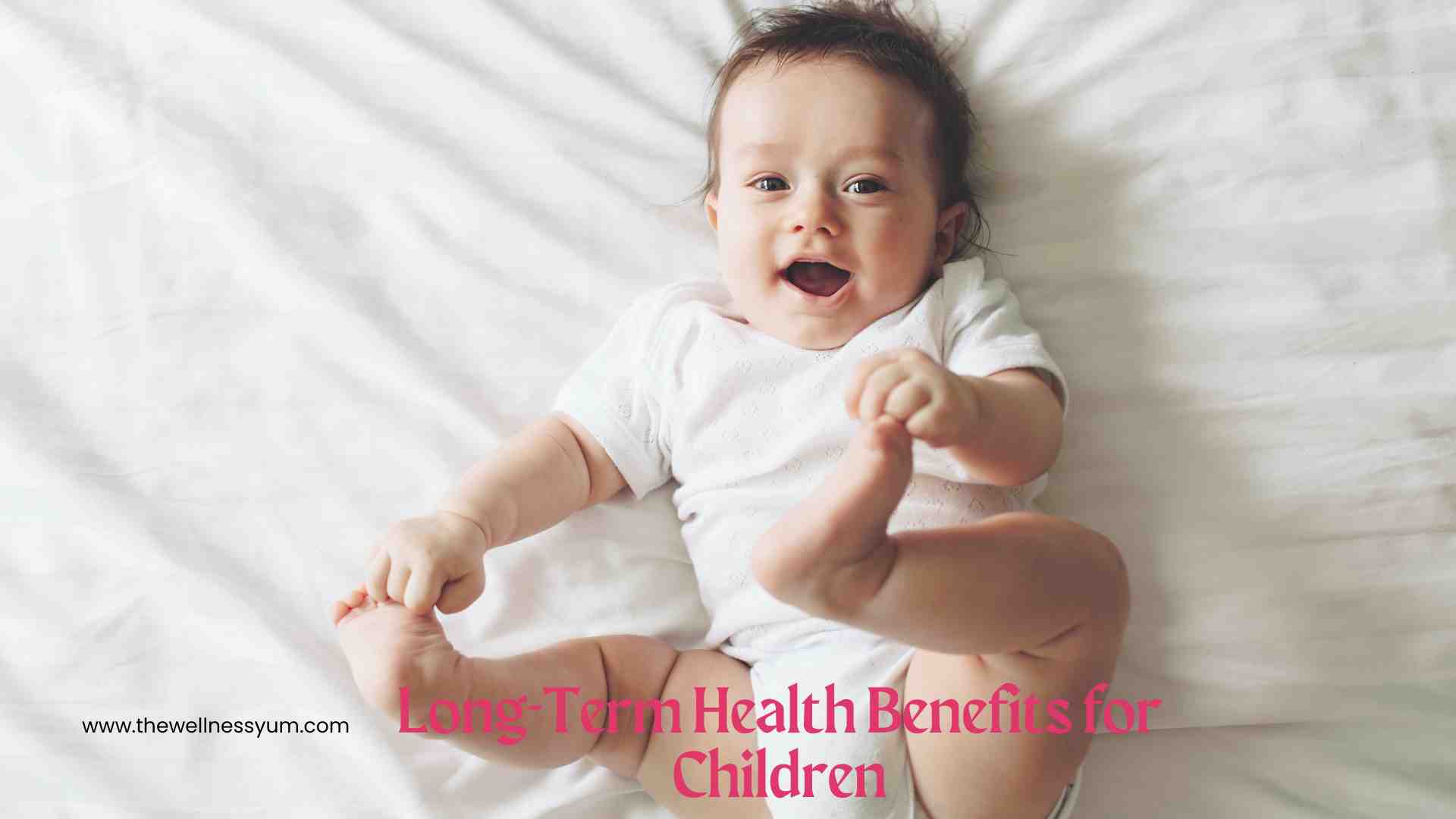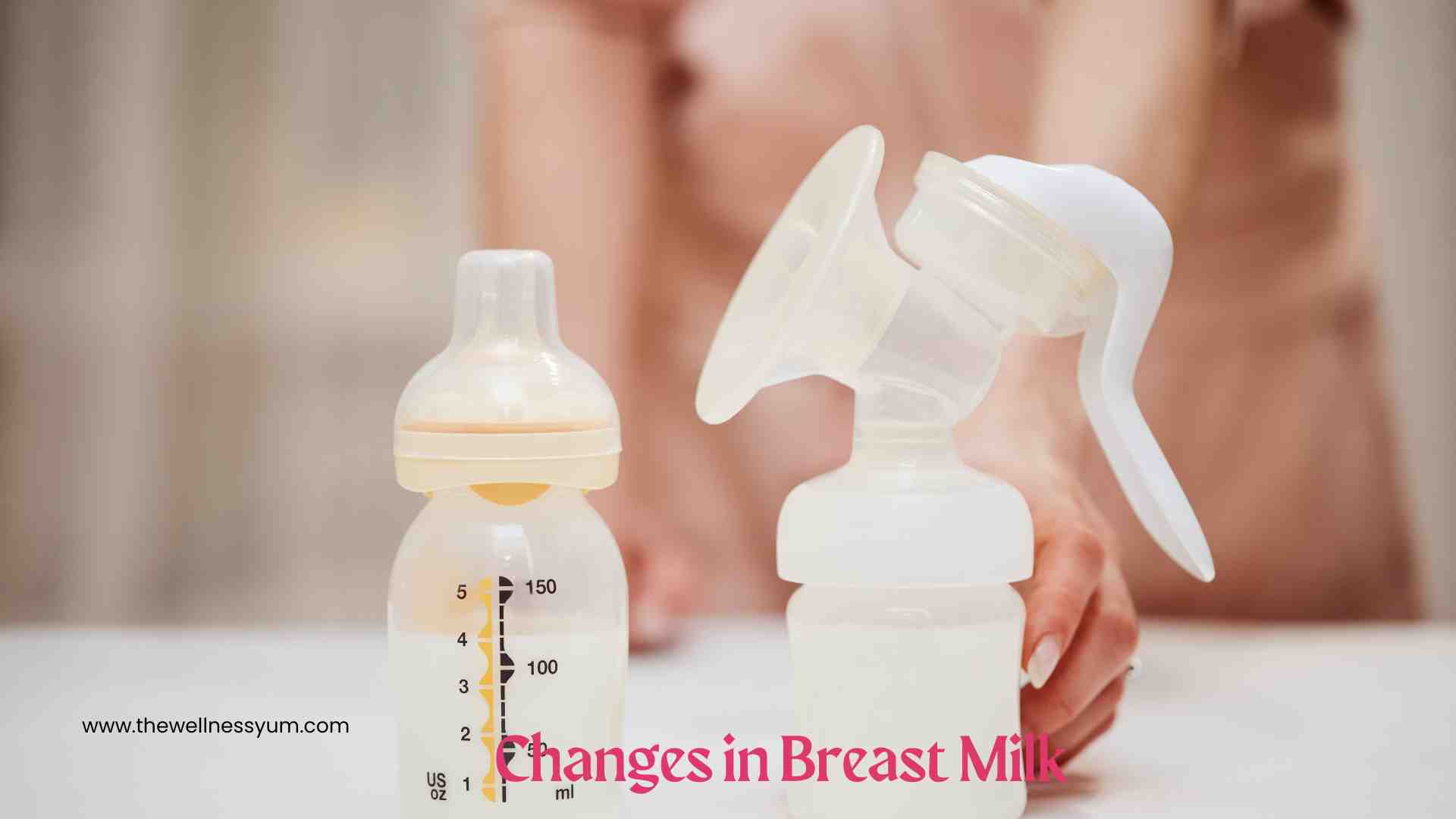You may have heard the saying, “Breast is Best.” There is a strong and powerful connection between breastfeeding and babies. Just like pregnancy and childbirth, expectant moms should also learn some facts about breastfeeding before giving birth to a child. Breastfeeding is one of the most effective sources to ensure a mother’s and child’s overall health and well-being. Breastfeeding alone can save a family more than $1,200 to $1,500 in formula-associated expenses in a baby’s first year. Test your breast milk knowledge by learning about these incredible breastfeeding facts to understand better how amazing women’s bodies are.

Who Recommendation
According to WHO, an infant should be exclusively breastfed for the first six months of his/her life. After six months, mothers should introduce solid foods such as mashed vegetables and fruits for up to two years to complement breastfeeding. Begin breastfeeding within one hour of your child’s birth and feed your baby on demand, as often as your baby wants.
Health Benefits for Infants
Breastfeeding has several long-term benefits. Breast milk is ideal for newborns and infants as it is high in essential nutrients required for the baby's healthy development. It contains antibodies that help reduce the risk of common childhood illnesses such as pneumonia, ear infections, stomach problems, diarrhea, bacterial meningitis, respiratory tract, and urinary tract infections, etc.

Health Benefits for Mothers
Breastfeeding helps in reducing the mother’s risk of getting breast and ovarian cancer, heart disease, osteoporosis, type II diabetes, and postpartum depression. Breastfeeding can also serve as a natural method of birth control. It can give up to 98% protection in the first six months after childbirth. Breastfeeding also allows the mother to recover from pregnancy and childbirth more quickly and return to her pre-baby weight. Breastfeeding helps mothers sleep an average of 45 minutes more as compared to those who formula-feed their babies.
Long-Term Health Benefits for Children
Apart from the instant benefits, breastfeeding also has some long-term health benefits. Breastfeeding can help reduce the baby’s risk of a particular disease later in life. The list includes obesity, type II diabetes, leukemia, asthma, eczema, high blood pressure, cholesterol levels, etc.

Avoiding Infant Formula
Infant formula does not have the antibodies present in breast milk. Infant formula may not provide your baby with the long-term health benefits of breastfeeding. Further, there are risks arising from the use of unsterilized equipment or unsafe water, or the presence of bacteria in infant formula.
Remember, Your Baby can Smell You.
Newborns do have a strong sense of smell. They also know the unique scent of breast milk. This is why babies end up turning their heads to their mothers when they are hungry. Babies are born nearsighted and can only see things about 8-15 inches away. This is approximately the distance between your baby’s and your face while breastfeeding. True bonding, we must say.
Breast Milk
In the first few days, your breasts make sticky, thick, and yellowish fluid called colostrum. This liquid has calcium, proteins, potassium, minerals, and antibodies. Your baby usually needs only a few teaspoons of breast milk to feel full until your milk flow increases, about 2-5 days after birth.
Changes in Breast Milk
One of the most important facts about breastfeeding is that milk changes color. When you start nursing your baby for the first time, your milk will be slightly watery and bluish. As you approach the end of a feeding session, your baby gets thicker milk that gives your baby the calories and essential nutrients required to grow strong and healthy. Breast milk also changes its nutritional value as your baby grows.

One of the exciting things you did not know about breastfeeding is that mothers can breastfeed their babies while they are sick. When a mother gets sick, her body starts making antibodies to fight illness. When the mother shows some symptoms, her baby is already exposed to the bacteria or virus, which boosts her baby’s immune system. So, you are keeping your milk supply up by continuing to breastfeed your baby but also protecting your baby from getting ill in the future. Apart from the mentioned breastfeeding facts, breast milk also can fight infection, minor cuts, or swelling in the breast.




